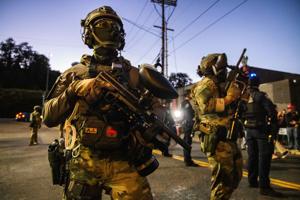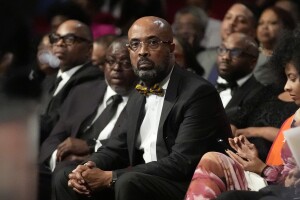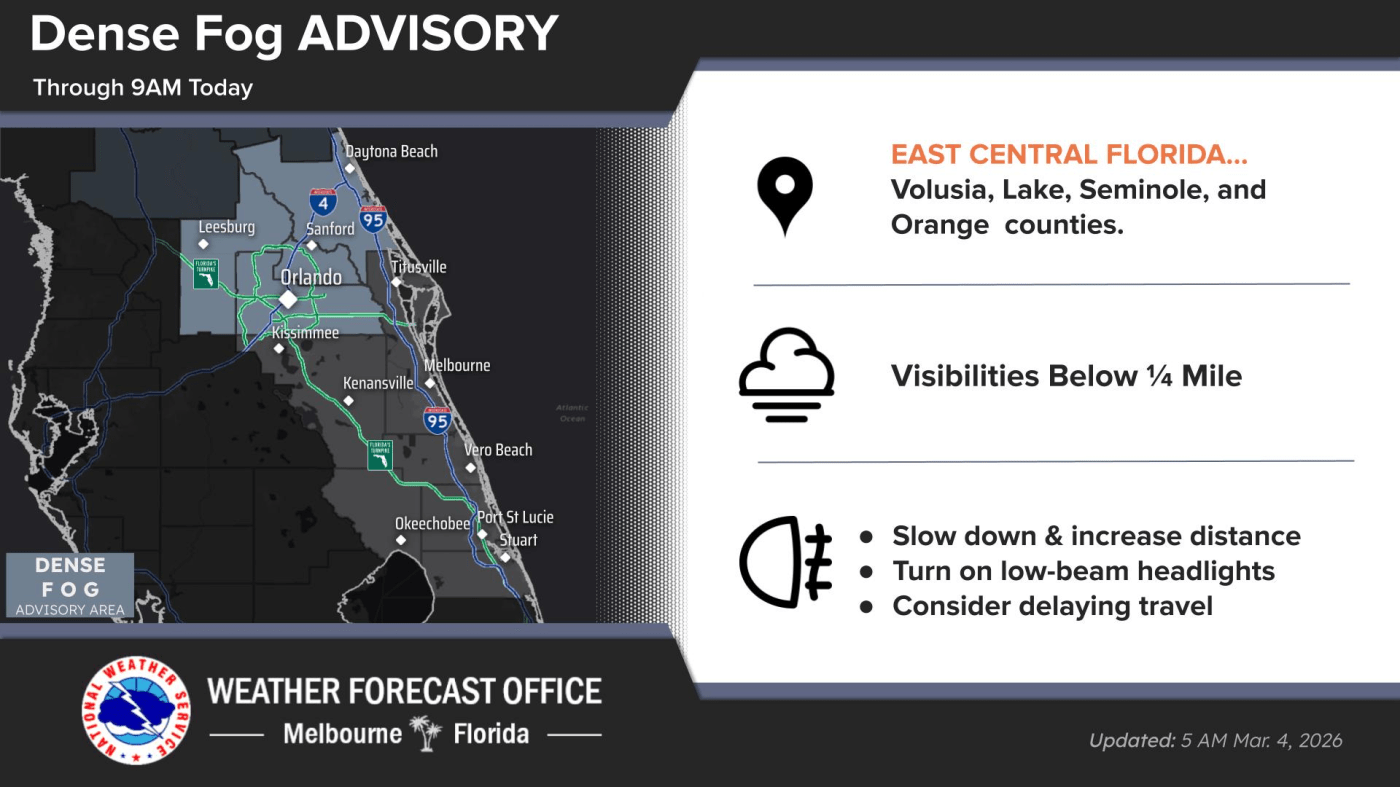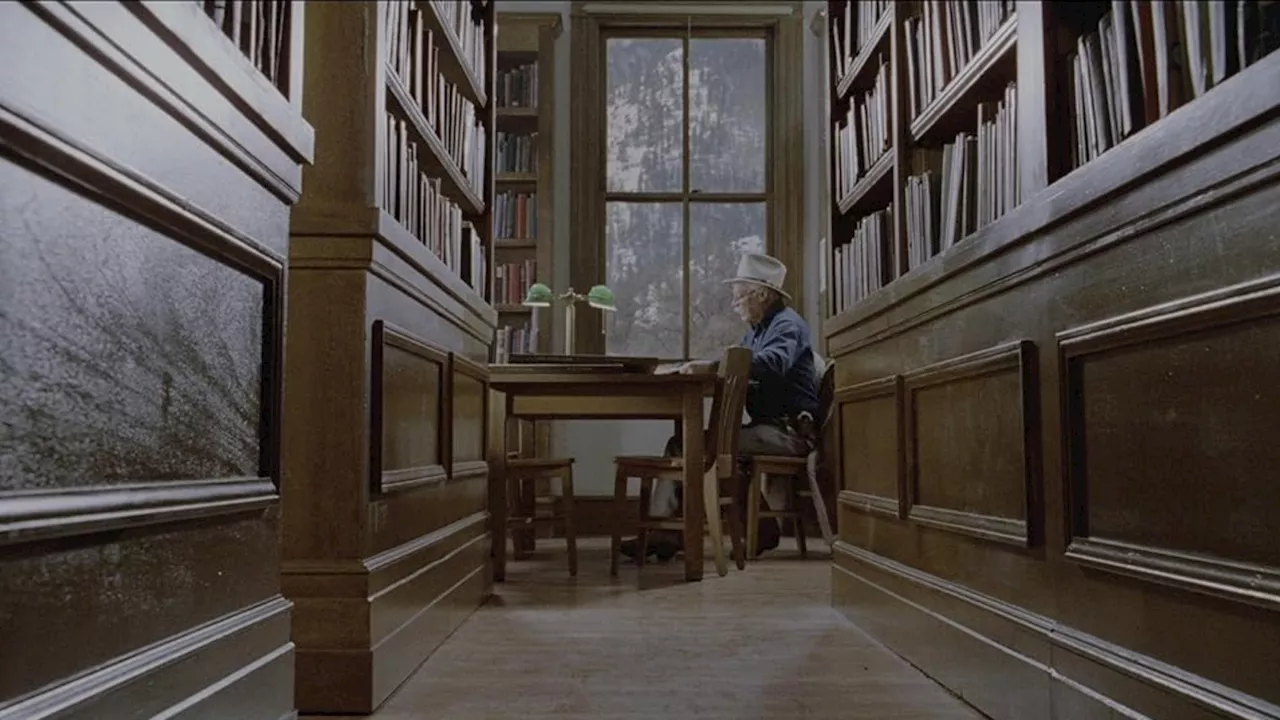
Members of the Texas National Guard have arrived at an Army training center in Illinois. This deployment represents a significant step in the Trump administration‘s initiative to send troops to urban areas, specifically targeting the Chicago region. The move occurs amid ongoing legal challenges and strong opposition from local Democratic officials.
The decision to position troops in Illinois comes as President Donald Trump seeks to address rising crime rates in major cities. Critics argue that deploying military personnel is an inappropriate response to urban unrest. According to Illinois Governor J.B. Pritzker, the presence of National Guard troops has heightened tensions rather than alleviating them.
Political Backdrop and Legal Challenges
The deployment has sparked a fierce political debate. Several Democratic lawmakers have voiced their discontent, emphasizing that military intervention in domestic matters undermines democratic processes. A lawsuit filed by local officials seeks to halt the use of National Guard troops in cities, arguing that it poses a threat to civil liberties.
Despite these challenges, the administration maintains that the deployment is necessary for public safety. In a recent statement, White House Press Secretary Kayleigh McEnany asserted that the federal government has a responsibility to protect citizens in areas experiencing violence. This has led to heightened scrutiny of the administration’s approach to law enforcement and public order.
In addition to the legal opposition, community leaders in Chicago have expressed concern about the implications of military presence in neighborhoods already struggling with socioeconomic issues. Activists warn that such measures could exacerbate tensions between law enforcement and communities of color.
Implications for Local Communities
As National Guard members settle into their roles in Illinois, the focus shifts to how their presence will impact local dynamics. Some residents welcome the support, citing a need for enhanced security, while others view it as an overreach of federal authority.
Local business owners and residents are already feeling the effects of the heightened military presence. Some shops have reported increased foot traffic due to security concerns, while others worry about potential unrest stemming from the deployment.
The arrival of the National Guard also raises questions about long-term strategies for addressing violence in urban areas. Experts suggest that while immediate security measures may be necessary, sustainable solutions require investment in community resources and dialogue between residents and law enforcement.
The situation continues to unfold as both sides of the political spectrum prepare for consequences stemming from this deployment. As the Trump administration pushes forward with its plans, the impact on Chicago and broader Illinois communities remains to be seen. The ongoing dialogue surrounding military intervention in urban settings is poised to shape future policies and public sentiment in the months ahead.






